The Catholic Church must confess its sins. All of them.
This is the only path to redemption
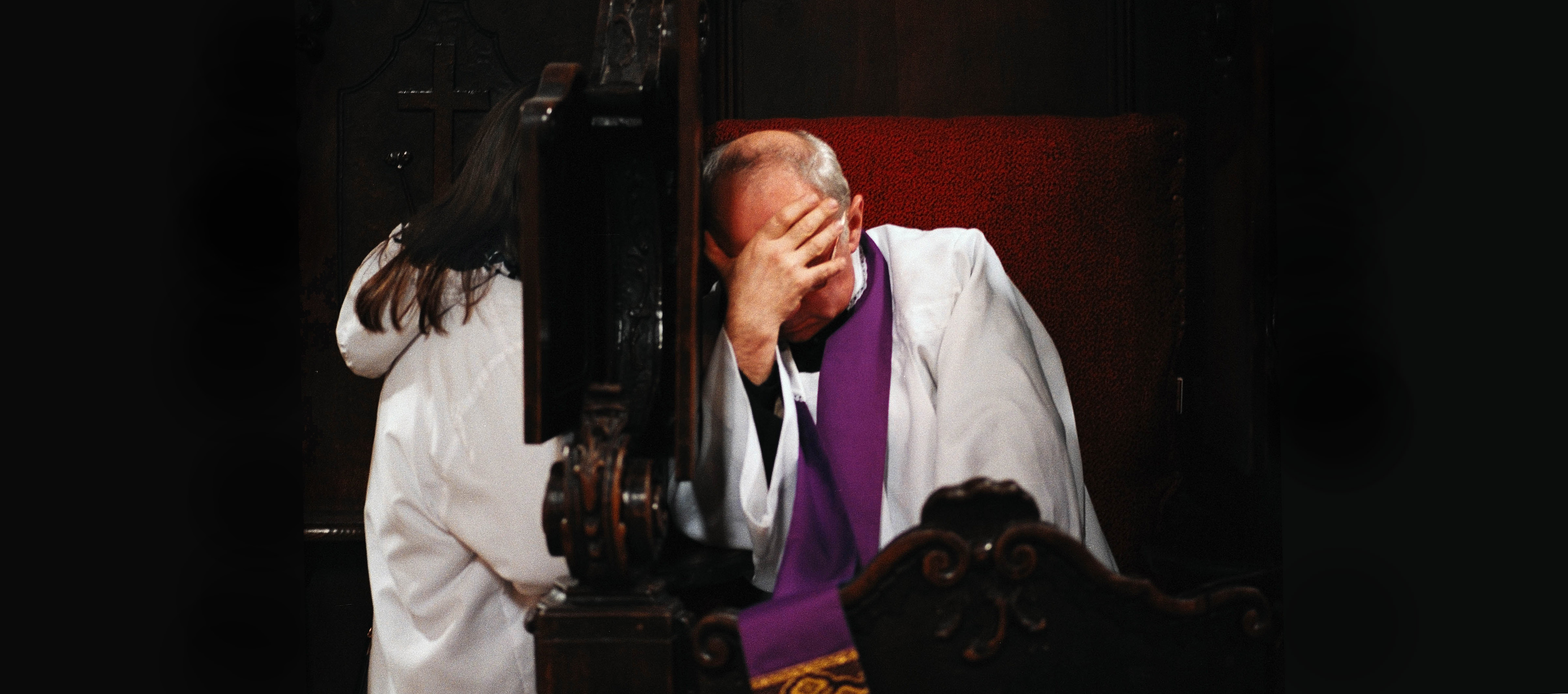

In the 16 years since The Boston Globe conducted an award-winning investigation into child abuse in the local Catholic diocese, the church has found itself in a constant and recurring crisis over sexual abuse of children and seminarians. The crisis has stretched across three pontificates, numerous countries, and has involved an ever-expanding number of priests, bishops, and even cardinals. And it's only getting worse.
Over the last two weeks, we have seen why. Three responses from the church's leadership, in the U.S. and in the Vatican, paint the 2,000-year-old organization as still blind to its predicament — more caught up in politics than in resolution, and its ordained and laity more interested in fighting an ideological war than in demanding accountability at every level of the church.
The latest episode of this crisis started with a grand jury report in Pennsylvania that identified hundreds of alleged abusers within the Catholic Church, and the failings of leadership to put an end to it. The report itself is damning but complex, with outright villains and others who failed to confront evil forcefully enough. Cardinal Donald Wuerl came under particular criticism for failing to act, a charge that Wuerl decided to rebut at his current assignment in the archdiocese of Washington — by publishing a website called "The Wuerl Record." The website extolled Wuerl's efforts to curtail child abuse while serving as the bishop in Pittsburgh and his "work as a longtime advocate and voice on this issue."
The Week
Escape your echo chamber. Get the facts behind the news, plus analysis from multiple perspectives.

Sign up for The Week's Free Newsletters
From our morning news briefing to a weekly Good News Newsletter, get the best of The Week delivered directly to your inbox.
From our morning news briefing to a weekly Good News Newsletter, get the best of The Week delivered directly to your inbox.
That effort didn't last long, however; a chorus of criticism over Wuerl's public-relations efforts forced the archdiocese to withdraw it. While not inaccurate, it failed to respond to specific allegations involving priests that were allowed to remain in public ministry despite credible accusations of abuse, even as the grand jury noted other occasions where Wuerl responded more assertively. Wuerl's name comes up more than 150 times in the grand jury report, and few of those references are positive.
Then, over the weekend, the former Vatican nuncio to the United States accused Pope Francis of knowingly reinstating Cardinal Theodore McCarrick to his ministry despite evidence that he had corrupted seminarians during his career. Archbishop Carlo Vigano, who has found himself at odds with the pontiff over his career track, openly called for Francis to resign. Rather than respond directly to the accusation, Pope Francis told reporters that the "statement speaks for itself," and that journalists should "read the statement attentively, and you make your own judgment. I will not say a single word about this."
And why not? Cardinal Blaise Cupich of Chicago explained that Pope Francis has a "bigger agenda" to handle than the sexual abuse scandal. "He's got to get on with other things, of talking about the environment and protecting migrants and carrying on the work of the church," Cupich told NBC News. "We're not going to go down a rabbit hole on this." Furthermore, Cupich claimed that Francis was being persecuted "because he's a Latino." (Francis, it should be noted, is the son of two Italian immigrants to Argentina ...)
In the wake of all these statements, fights erupted between different factions of the Catholic Church, and of the media as well. Conservatives lined up behind Vigano and declared this to be an indictment of Francis' leadership. Liberals accused conservatives of attempting a coup.
A free daily email with the biggest news stories of the day – and the best features from TheWeek.com
It's hard to imagine so many people missing the point at the same time, but here we are. The issue isn't one of conservatives against liberals, either within the church or outside of it. It's not about Francis' agenda, or even strictly about Francis at all. It's not about pursuing political goals about immigration or the environment. It's about the credibility of the Catholic Church and of all Catholics within it, a problem that few people seem to want to discuss.
This crisis keeps getting deeper because the Catholic Church refuses so far to deal honestly with it. If the Vatican and the bishops wanted to confront this crisis, all of the dioceses around the world would have been ordered to release all their documentation on abuse cases to the public, or at least to law enforcement. Instead, 16 years after the Boston Globe series of reports first exposed the crisis and the reach of its cover-up, we need grand juries to conduct investigations to get around the silence of church leadership. We hear from people like Cardinal Wuerl that new procedures have been put in place to deal with abuse, and then find out later that known abusers remain in public ministry — and in cases like Cardinal McCarrick, continue to occupy positions of power.
That didn't start with Francis. It started with St. John Paul II, extends all the way through the pontificate of Benedict XVI, and the five-plus years in which Francis has been in charge. It involves liberal and conservative bishops, liberal and conservative priests, and liberal and conservative dioceses. This scandal infects every corner of the church, and will until it gets fully exposed.
This is why Cardinal Cupich's statement gets the problem exactly backward. Sixteen years of dithering and half-hearted reforms following decades of abuses and moral depravity have sapped the church's credibility on all of the issues Cupich mentions, and more. It's no accident that Ireland, once considered the most Catholic of nations in Europe, overwhelmingly voted for legalized abortion this year over the objections of the church. Argentina, the pope's native country, may yet pass its own bill legalizing abortion. This follows decades in which the church has lost ground on any number of moral issues especially in the West — euthanasia, same-sex marriage, and others.
The Vatican does not have massive armies, nor does the Catholic Church command a massive economy. The only influence it has comes from its credibility as a church serving as a pillar of morality and reliable rectitude. In essence, the Catholic Church has disarmed itself.
The church needs to rearm itself by following its own teachings. It starts with a full confession of all transgressions in order to finally pull the inadequate bandages that the Catholic Church keeps applying to this scandal, full repentance, and a new commitment to sin no more. We Catholics understand how difficult that can be. However, it is the only path to redemption — and thus far, it has the novelty of having not yet been tried over the last 16 years.
Edward Morrissey has been writing about politics since 2003 in his blog, Captain's Quarters, and now writes for HotAir.com. His columns have appeared in the Washington Post, the New York Post, The New York Sun, the Washington Times, and other newspapers. Morrissey has a daily Internet talk show on politics and culture at Hot Air. Since 2004, Morrissey has had a weekend talk radio show in the Minneapolis/St. Paul area and often fills in as a guest on Salem Radio Network's nationally-syndicated shows. He lives in the Twin Cities area of Minnesota with his wife, son and daughter-in-law, and his two granddaughters. Morrissey's new book, GOING RED, will be published by Crown Forum on April 5, 2016.
-
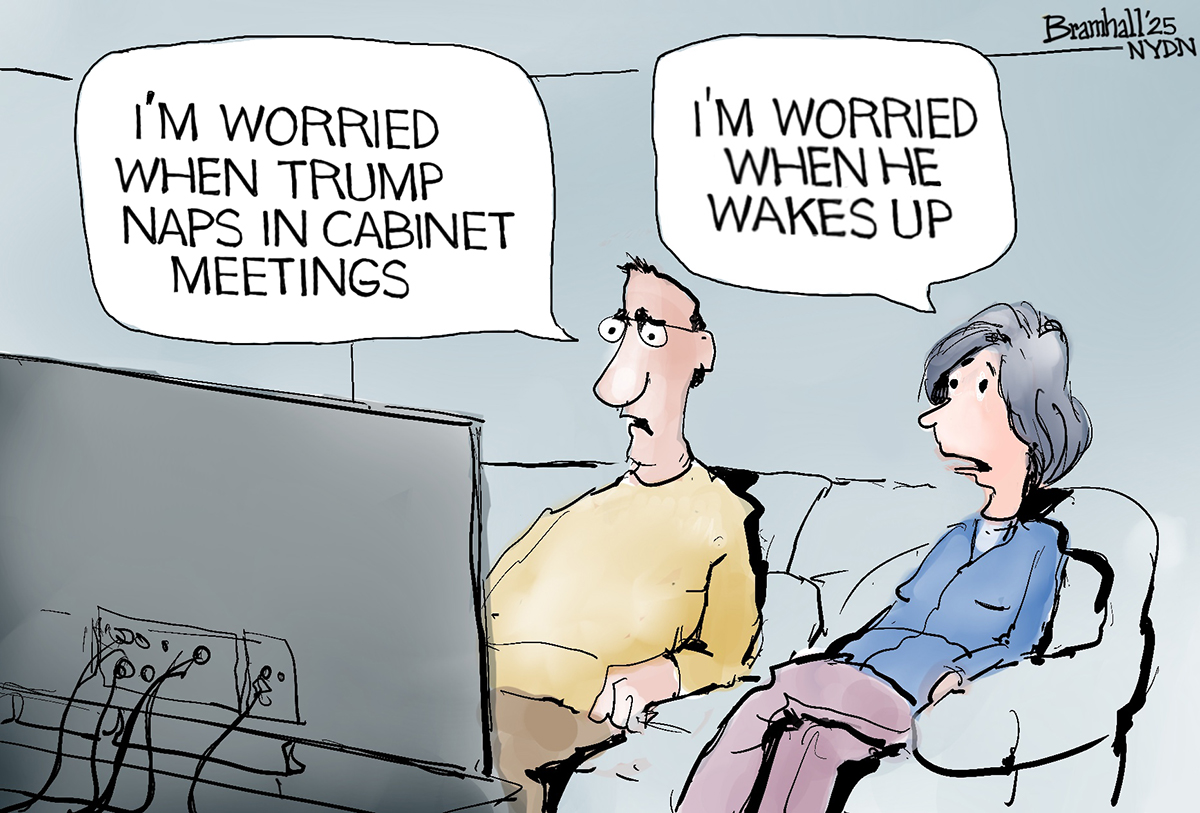 5 sleeper hit cartoons about Sleepy Don
5 sleeper hit cartoons about Sleepy DonCartoon Artists take on cabinet meetings, a sleepy agenda, and more
-
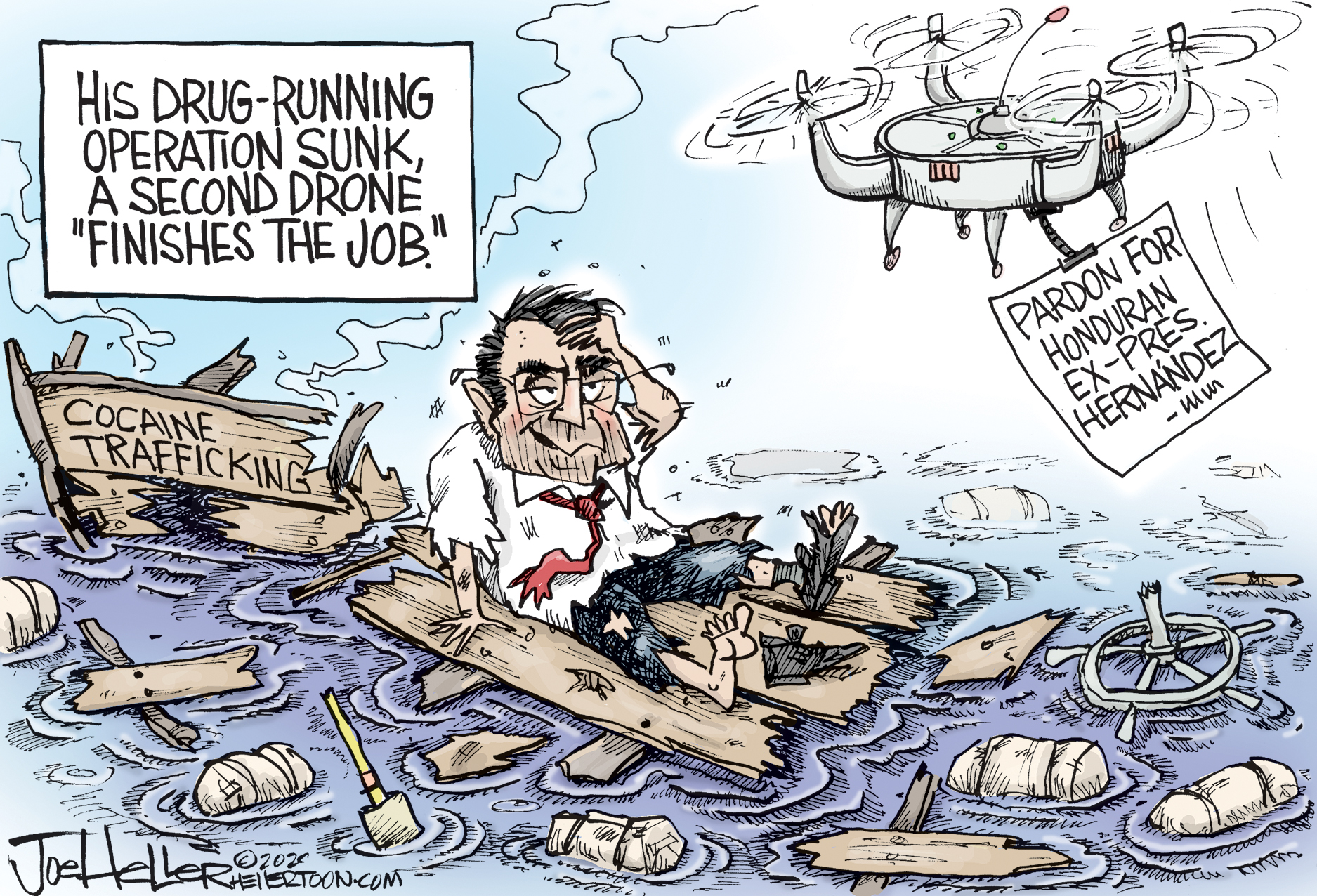 Political cartoons for December 6
Political cartoons for December 6Cartoons Saturday’s political cartoons include a pardon for Hernandez, word of the year, and more
-
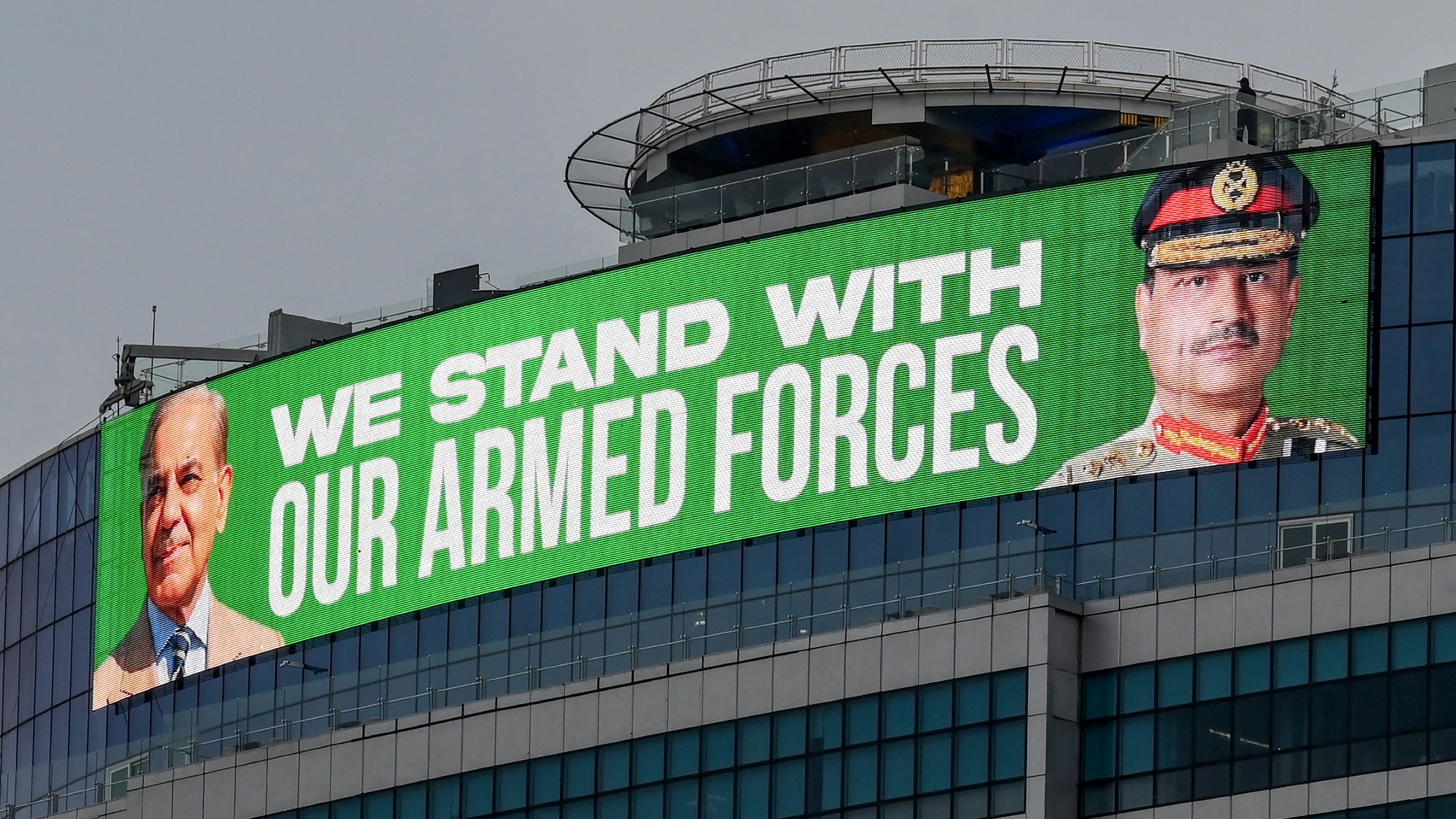 Pakistan: Trump’s ‘favourite field marshal’ takes charge
Pakistan: Trump’s ‘favourite field marshal’ takes chargeIn the Spotlight Asim Munir’s control over all three branches of Pakistan’s military gives him ‘sweeping powers’ – and almost unlimited freedom to use them
-
 Femicide: Italy’s newest crime
Femicide: Italy’s newest crimeThe Explainer Landmark law to criminalise murder of a woman as an ‘act of hatred’ or ‘subjugation’ but critics say Italy is still deeply patriarchal
-
 Brazil’s Bolsonaro behind bars after appeals run out
Brazil’s Bolsonaro behind bars after appeals run outSpeed Read He will serve 27 years in prison
-
 Americans traveling abroad face renewed criticism in the Trump era
Americans traveling abroad face renewed criticism in the Trump eraThe Explainer Some of Trump’s behavior has Americans being questioned
-
 Nigeria confused by Trump invasion threat
Nigeria confused by Trump invasion threatSpeed Read Trump has claimed the country is persecuting Christians
-
 Sanae Takaichi: Japan’s Iron Lady set to be the country’s first woman prime minister
Sanae Takaichi: Japan’s Iron Lady set to be the country’s first woman prime ministerIn the Spotlight Takaichi is a member of Japan’s conservative, nationalist Liberal Democratic Party
-
 Russia is ‘helping China’ prepare for an invasion of Taiwan
Russia is ‘helping China’ prepare for an invasion of TaiwanIn the Spotlight Russia is reportedly allowing China access to military training
-
 Interpol arrests hundreds in Africa-wide sextortion crackdown
Interpol arrests hundreds in Africa-wide sextortion crackdownIN THE SPOTLIGHT A series of stings disrupts major cybercrime operations as law enforcement estimates millions in losses from schemes designed to prey on lonely users
-
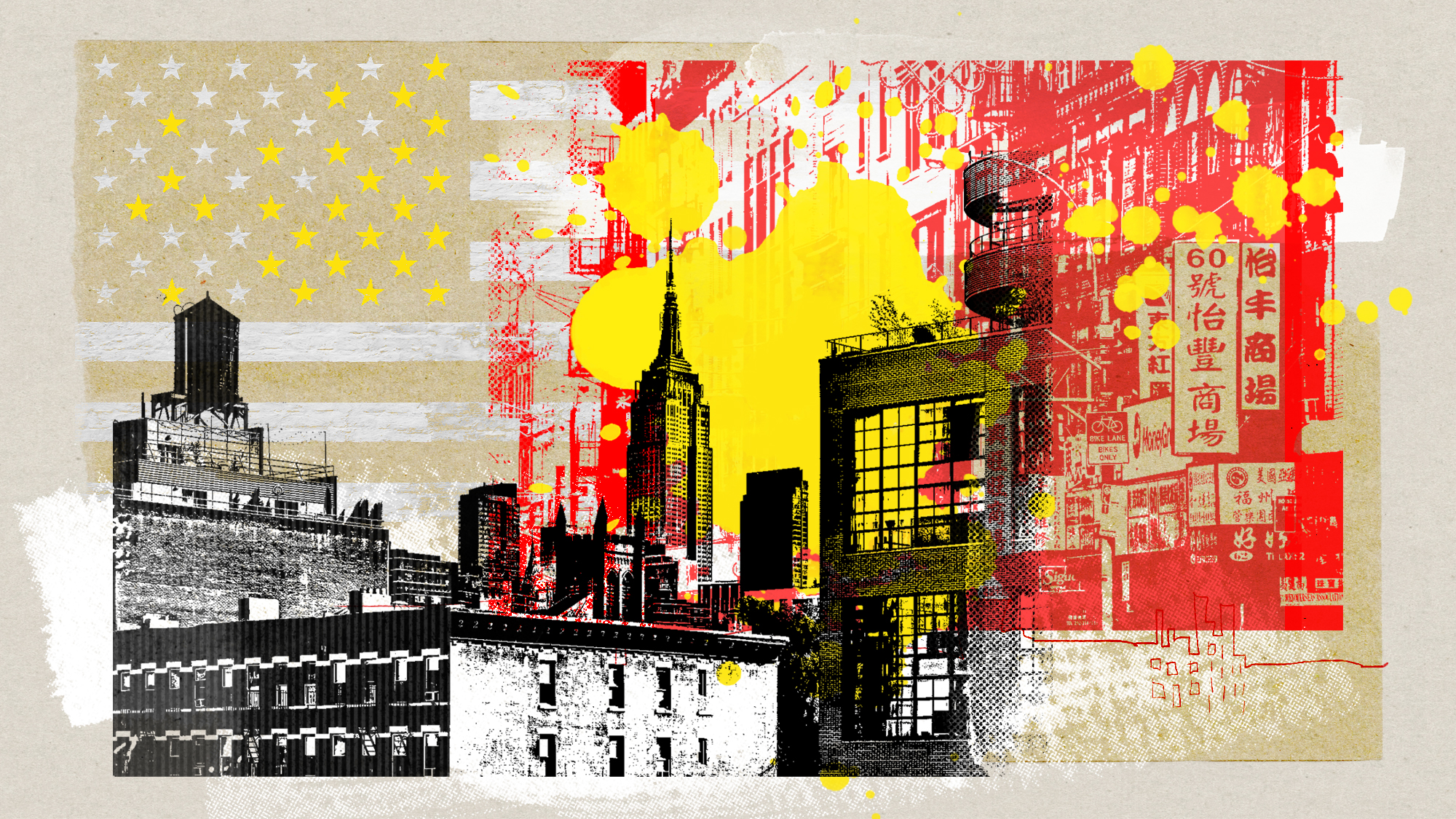 China is silently expanding its influence in American cities
China is silently expanding its influence in American citiesUnder the Radar New York City and San Francisco, among others, have reportedly been targeted
